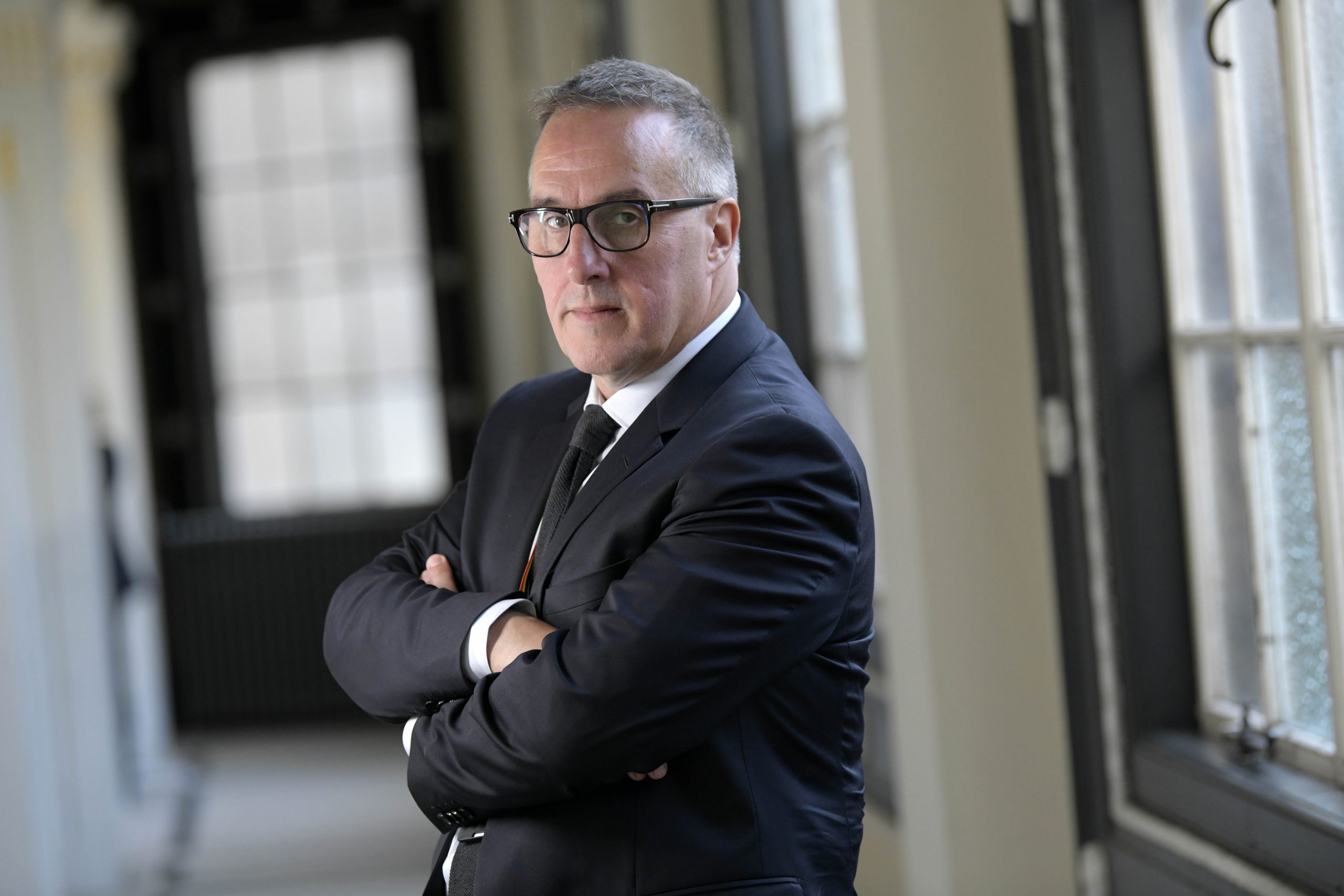In this interview, David McRedmond, chief executive of An Post talks about: Bringing An Post back from the brink of insolvency An Post’s radical plan to take on the banks The need for more Government services to be made available in post offices Eircom’s early failure at introducing broadband Building TV3 during the crash and the lead up to the deal with Virgin Media Getting his first job with Tim Waterstone and rising the ranks of WHSmith Not getting an interview for the role of Director General in RTÉ because of a lack of “programme making experience” His future and…
Cancel at any time. Are you already a member? Log in here.
Want to read the full story?
Unlock this article – and everything else on The Currency – with an annual membership and receive a free Samsonite Upscape suitcase, retailing at €235, delivered to your door.

